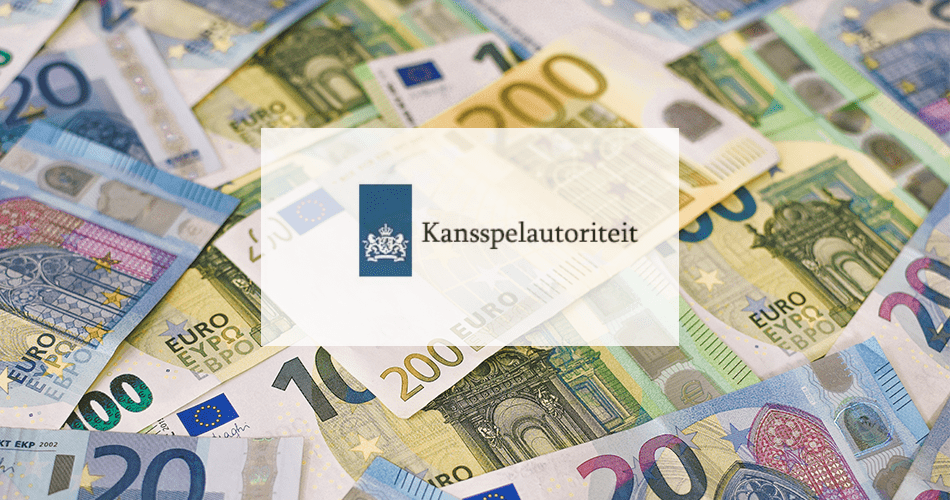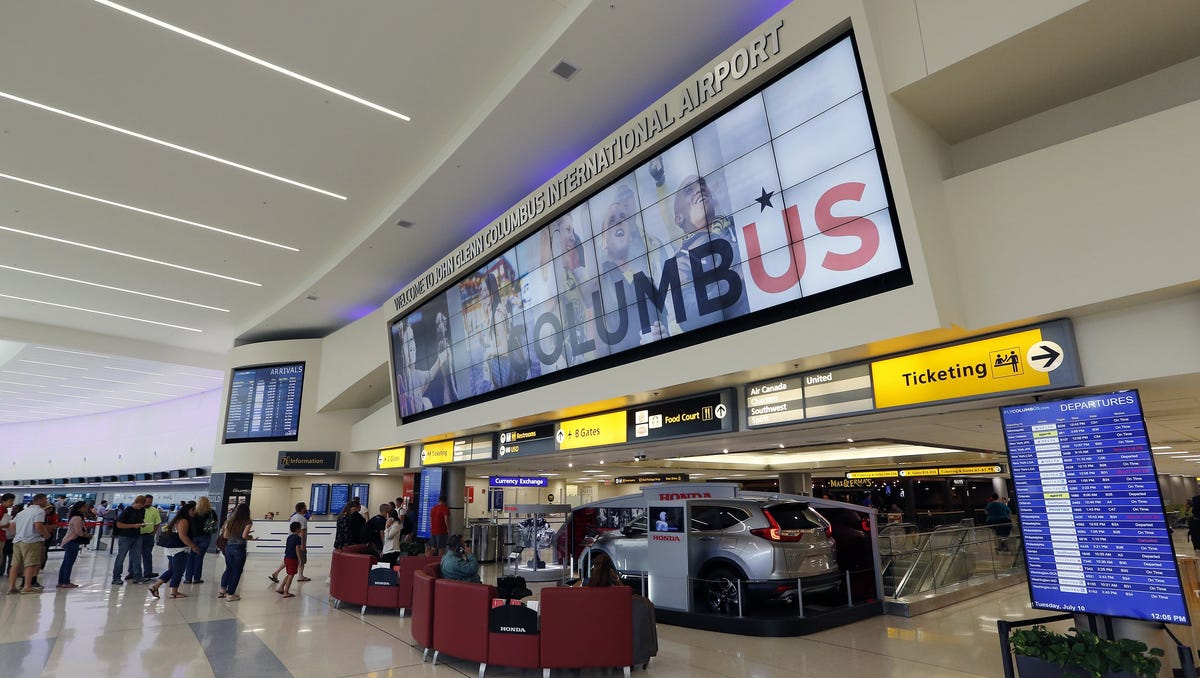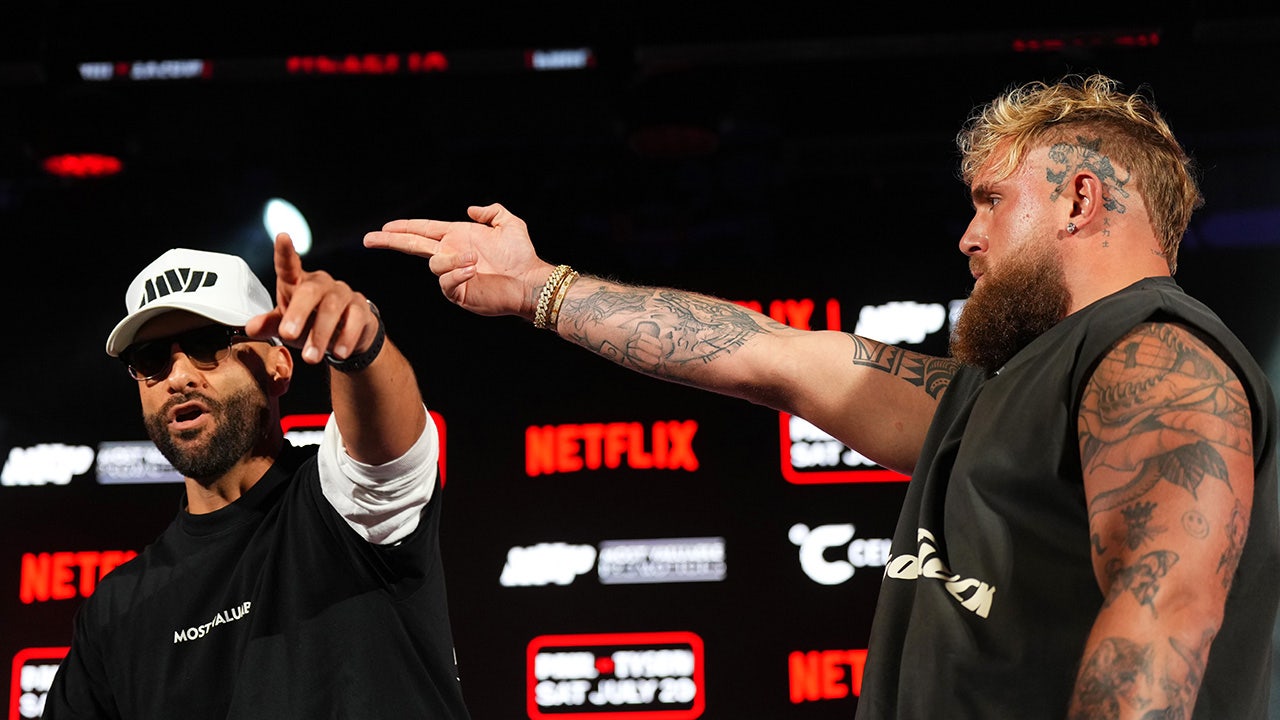Tech
Apple Wins $250, But Little Else, at Trial on Watch Patents (2)

A federal jury in Delaware awarded
The jury’s mixed verdict marks the latest chapter of a long-running clash over smartwatch patents pitting Apple, a tech giant worth more than $3.5 trillion, against Masimo valued at $7.5 billion. The dispute led to an import ban of certain Apple Watch models on Christmas Day last year, the appeal of which is pending at the US Court of Appeals for the Federal Circuit.
Apple’s $250 damages demand was the minimum it could ask for while seeking a jury trial instead of a bench trial over Masimo’s alleged infringement of the Apple Watch’s aesthetic and functionality. Although Apple won damages from the jury, the decision all but removed its chance to block Masimo’s current products.
“We’re not here for the money,” Apple attorney John Desmarais of Desmarais LLP told jurors during his closing argument Friday. “We want them to stop copying our design” and features. He lambasted Masimo for focusing on its innovations in pulse oximetry, the blood-oxygen measurement feature that the company is best known for developing.
The original design for Masimo’s W1, Freedom, and health module infringed US Patent No. D883,279, according to a verdict issued in the U.S. District Court for the District of Delaware. The jury rejected Masimo’s arguments for invalidating the ‘279 patent.
Jurors also found the original design for Masimo’s charger infringed US Patent No. D735,131. The infringement was intentional, jurors found.
Cash compensation wasn’t a major concern for Apple, as its win could’ve led to a trial on a potential injunction. However, jurors found that “a discontinued module and charger”—not Masimo’s current products—”infringed two Apple design patents,” according to a Masimo spokesperson. This distinction undermines Apple’s claim of irreparable harm, since the infringement involves outdated items rather than products currently on the market.
“Apple primarily sought an injunction against Masimo’s current products, and the jury’s verdict is a victory for Masimo on that issue,” Masimo’s statement said.
An Apple spokesperson said that “teams at Apple worked for years to develop Apple Watch,” while “Masimo took shortcuts, launching a device that copies Apple Watch and infringes our intellectual property.”
The pulse-oximetry feature—which is central to Masimo’s own patent-infringement allegations that have troubled the Apple Watch for more than four years—”has nothing to do with this case,” Desmarais said.
Closings
Brian Horne, a lawyer from Knobbe Martens representing Masimo, said of Apple in his closing argument, “Maybe they’re a little embarrassed” by Masimo’s success with the pulse-oximetry feature. “Maybe they’re trying to throw a little mud.”
Horne told jurors Masimo’s devices don’t infringe Apple’s asserted patents, all but one of which he argued shouldn’t have been issued. He called Apple’s contention that Masimo intentionally infringes its “most outrageous claim.”
“Our whole company has been built” on pulse oximetry, Horne said. Masimo “revolutionized the industry” and “changed the world.”
“We came to the consumer space to bring life-saving technology to the masses,” Horne said. He jabbed at Apple’s focus on making “a pretty product” that looks “like a piece of jewelry.” Masimo, he said, cares only that its products work well. He showed jurors a comment by Joe Kiani, the company’s recently departed CEO, that described Masimo’s watch as “an ugly product.”
“If you bring your common sense to this case, your deliberations should take five minutes,” Desmarais said. He called Masimo’s various contentions “nonsense,” “silly,” “desperate,” and “the stupidest defense I’ve ever heard.”
During the Oct. 11 pretrial conference, in what Hall’s subsequent order called “an exciting turn of events,” Masimo’s counsel handed Apple’s counsel $900 in cash, attempting to “moot” Apple’s damages claim and avoid a jury trial. Apple returned the cash, and the court ruled that the case must proceed to a jury trial.
“But even if he hadn’t,” Hall said, “I still think the case must be tried to a jury. Masimo’s offer to give Apple some of the remedy it seeks does not ‘moot’ the action or even Apple’s claims for patent infringement—Masimo hasn’t admitted liability and hasn’t agreed to stop selling the allegedly infringing products.”
Hall rejected validity challenges to two of the utility patents earlier this month, along with the company’s bid to render Apple’s patents unenforceable. Masimo dropped its validity challenge of US Patent No. D735,131 a week before the trial.
Potter Anderson & Corroon LLP, Desmarais LLP, and Wilmer Cutler Pickering Hale & Dorr LLP represent Apple. Phillips, McLaughlin & Hall PA and Knobbe Martens represent Masimo.
The cases are Apple Inc. v. Masimo Corp., D. Del., No. 22-cv-1377, verdict issued 10/25/24; and Apple Inc. v. Masimo Corp., D. Del., No. 22-cv-1378, verdict issued 10/25/24 .









